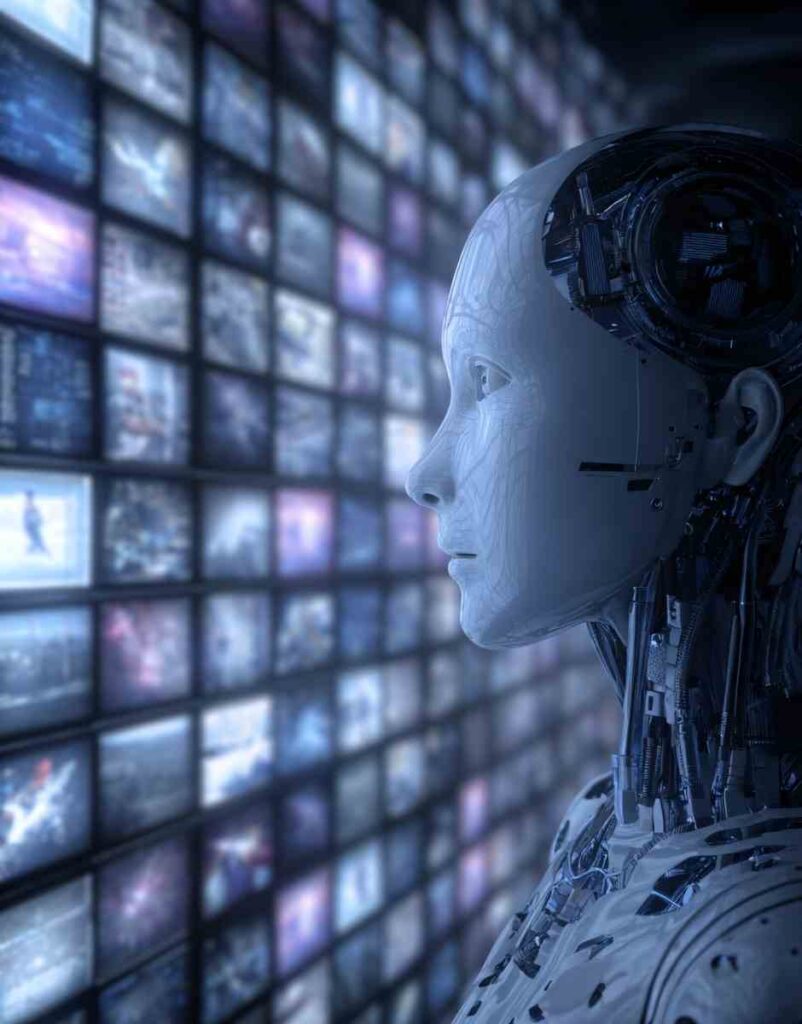
Artificial intelligence (AI) has quickly moved from science fiction to everyday reality. Tools like ChatGPT, deepfake video generators, and AI-powered image editing software are no longer niche—they’re widely available to the public. While AI can make life easier in many ways, it also introduces new legal challenges, especially when it comes to evidence in Florida courts.
In recent months, judges and attorneys across Florida have raised concerns about the reliability and admissibility of AI-generated evidence. At McGuire Law Offices, we’re closely following these developments to ensure our clients are protected.
What Counts as AI-Generated Evidence?
AI can play into Florida legal cases in several ways:
- Deepfake Videos: AI-generated videos that appear real but are fabricated.
- Fake or Manipulated Photos: Edited or AI-created images that could be presented as “proof.”
- AI-Crafted Text Messages or Emails: Tools can mimic writing styles, raising authenticity questions.
- AI-Assisted Forensic Tools: Even law enforcement is beginning to use AI to analyze digital evidence.
The problem? These technologies can blur the line between truth and fabrication, making it harder for courts to separate fact from fiction.
The Florida Legal Standard for Evidence
Florida courts require that evidence be:
- Relevant – It must relate directly to the case.
- Authentic – It must be proven to be what the party claims it is.
- Reliable – It must meet evidentiary standards (not speculative or misleading).
AI-generated content often fails at the authenticity and reliability stages. For example, a manipulated video could be challenged because it cannot be verified as real, or an AI-written email may be impossible to trace back to its true origin.
Why This Matters for Criminal Cases
In criminal law, the stakes are high. A deepfake video placing someone at a crime scene—or removing them from it—could be introduced as evidence. Defense attorneys must be vigilant in challenging this type of evidence by:
- Demanding forensic analysis of digital files.
- Challenging the chain of custody.
- Introducing expert testimony on the risks of AI manipulation.

Family Law & Civil Implications
AI-generated evidence isn’t just a criminal issue. In Florida family law cases, parties may attempt to use AI-generated texts or social media posts to influence custody or divorce disputes. Imagine one spouse presenting AI-created messages “from” the other spouse as proof of harassment.
Courts will need to carefully scrutinize this kind of evidence to protect against fraud.
Protecting Yourself
- Save Originals: If you believe evidence against you has been manipulated, preserve original files and metadata.
- Consult Experts: Digital forensic experts can help verify authenticity.
- Hire an Experienced Attorney: Not all lawyers are prepared to address AI-related challenges.
The Role of Attorneys Moving Forward
At McGuire Law Offices, we stay ahead of the curve by tracking how new laws and technologies affect our clients. Whether you’re facing a criminal charge in Pinellas County or dealing with a contentious custody case, our role is to protect your rights against unreliable or fabricated evidence.
AI is transforming the legal landscape, but Florida law still requires evidence to be authentic and reliable. If you are facing allegations supported by questionable digital evidence—or you believe your rights may be impacted by AI-generated content—it’s critical to have a knowledgeable defense attorney on your side. Call 727-446-7659 or visit McGuire Law Offices today to schedule a consultation. Let us fight for your rights in this new era of evidence.
